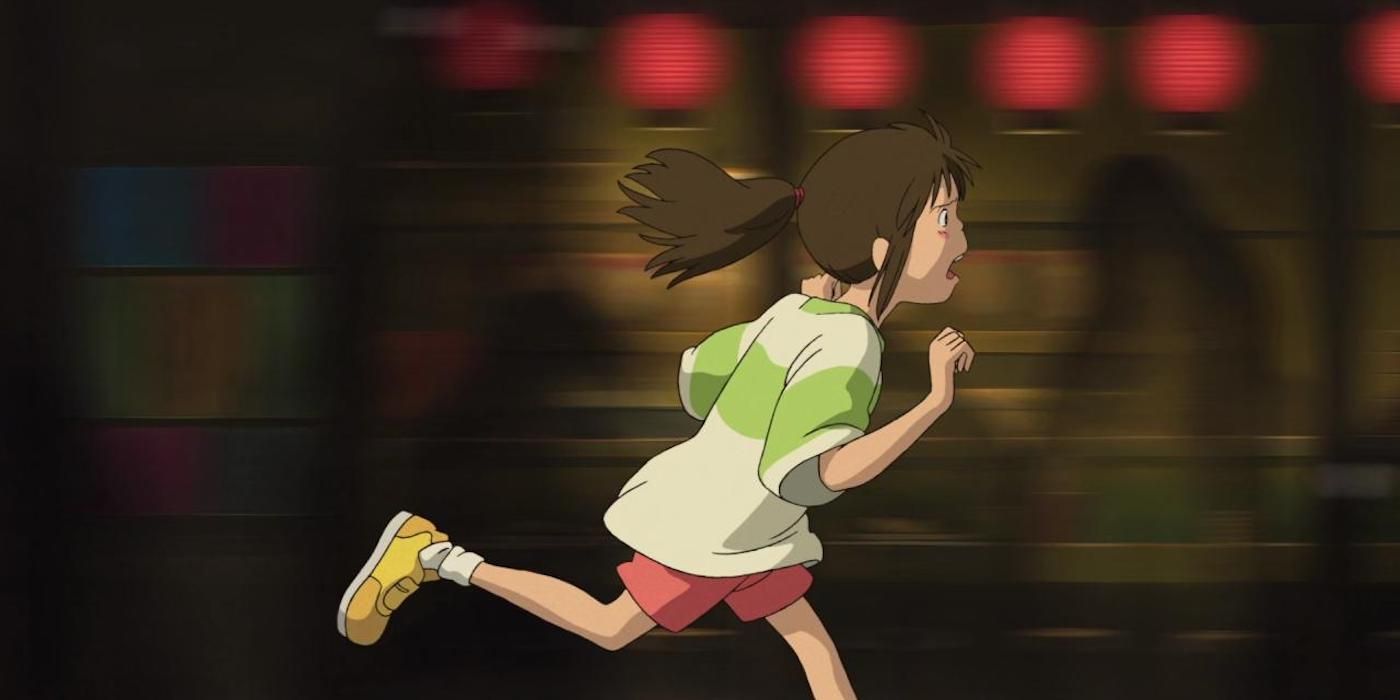
Coming-of-age films explore the transition from childhood to adulthood, often focusing on the experiences, challenges, and personal growth associated with this critical phase of life. Various common themes emerge throughout these films, reflecting the complexities of youth, identity, and relationships.
Identity and Self-Discovery
One of the most prevalent themes in coming-of-age films is the struggle for identity and self-discovery. Protagonists often grapple with questions related to their place in the world, who they truly are, and what they believe in. As psychoanalyst Erik Erikson outlined in his work, adolescence is marked by the struggle between 'Identity vs. Role Confusion' during the ages of 12-18, highlighting this quest for a personal identity[2]. Characters frequently embark on journeys that lead them to understand and embrace their true selves, often feeling alienated or misunderstood by adults and peers alike. This theme of seeking one's identity is encapsulated in films where young characters confront mature conflicts that propel them toward self-realization.
The Importance of Relationships

Relationships play a central role in coming-of-age narratives. Young protagonists often find themselves navigating romantic relationships for the first time, which serves as a significant aspect of their emotional development. However, these films do not solely center on romantic experiences; they also explore friendships and family dynamics. The common plight of feeling misunderstood by parents and adults is a recurring element that shapes the characters' journeys, as seen in classics like 'Rebel Without a Cause' and 'Boyhood,' where the parental figures are either absent, misunderstood, or both[1][2]. Relationships thus become a medium through which characters learn about love, loyalty, and the human experience.
Milestones of Maturation
Transitional milestones are another recurring element in coming-of-age films. These films often depict significant life events such as high school graduation, first love, and the transition to college or adulthood. They focus on the trials of growing up, illustrating moments of joy, confusion, heartbreak, and triumph. In genres traditionally associated with comedy and drama, existential questions surface, and characters face various dilemmas that ultimately contribute to their maturation. Films like 'Lady Bird' and 'Eighth Grade' highlight these pivotal moments, emphasizing how they shape the protagonist's path toward adulthood[1][3].
Themes of Outsider and Alienation
A defining theme of coming-of-age stories is the representation of the outsider. Many protagonists begin their journeys feeling alienated from their peers or families. This sense of isolation often leads them to form bonds with other misfits or create their own identities apart from societal expectations. For instance, characters in 'Stand by Me' and 'Boys N the Hood' navigate the complexities of their environments and relationships while seeking acceptance and understanding[2][5]. This exploration of outsider status reflects broader adolescent themes of fitting in and the desire for connection amid feelings of detachment.
The Passage of Time
The theme of time and its impact on identity is also significant. Films like 'Boyhood' uniquely depict the actual passage of time, showcasing the protagonist's growth from childhood to adulthood in a single narrative. This approach emphasizes the authenticity of the coming-of-age experience, allowing viewers to witness the subtle changes in the character’s outlook and self-perception over years[1][3]. In contrast, animated films like 'Spirited Away' utilize fantastical elements to illustrate the internal changes required for growing up, focusing on personal courage and transformation within a confined timeframe[5].
Confronting Realities
Coming-of-age narratives frequently involve confronting harsher realities, such as trauma, loss, or the expectations of adulthood. The characters often face significant challenges or moral dilemmas that force them to confront their beliefs and values. By navigating these conflicts, they discover strengths and weaknesses they may not have known they possessed. This theme of resilience in the face of adversity is evident in films that tackle deeper issues like mental health, love, and societal pressures, broadening the scope of what it means to come of age[3].
Conclusion

In summary, the common themes found in coming-of-age films illustrate the multi-faceted journey toward adulthood. Through the exploration of identity, relationships, milestones, alienation, the passage of time, and the confrontation of reality, these films not only resonate with young audiences but also offer insights into the universal experience of growing up. The narratives highlight not just the trials of youth, but also the transformative power of these experiences, reinforcing that the journey to adulthood is both complex and deeply personal[1][2][5].
Get more accurate answers with Super Pandi, upload files, personalized discovery feed, save searches and contribute to the PandiPedia.
Let's look at alternatives:
- Modify the query.
- Start a new thread.
- Remove sources (if manually added).